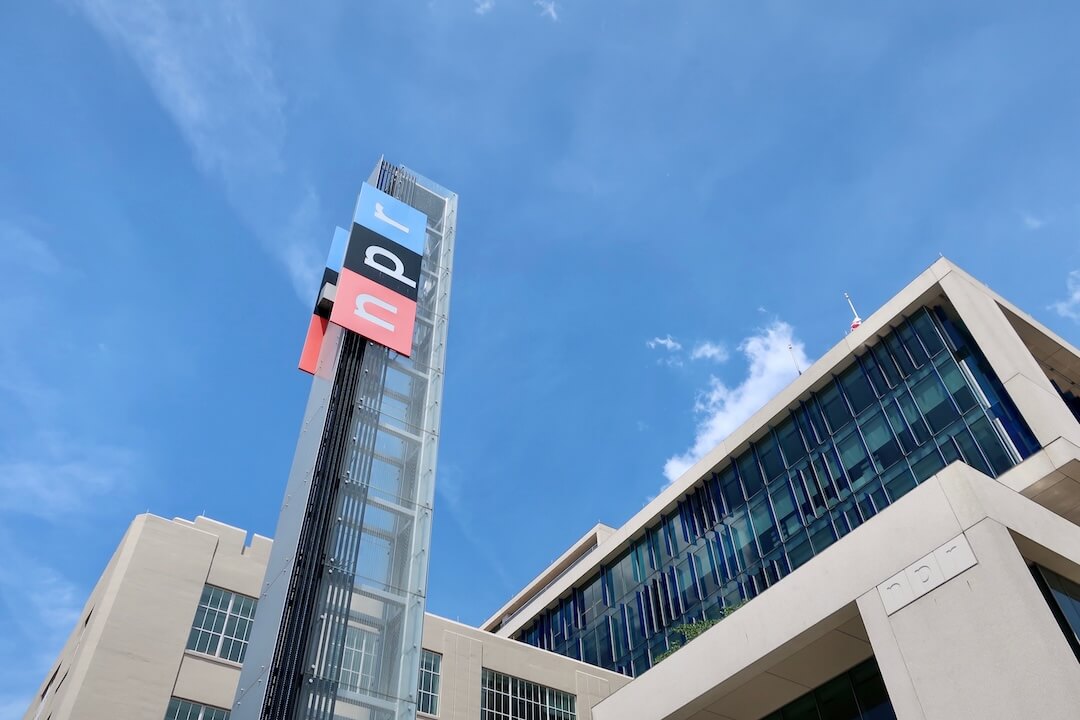Longtime Washington Post executive editor Leonard Downie did more than his share of afflicting the comfortable in government with the paper’s ferociously independent reporting of the Walter Reed scandal and a host of other such stories.
But after a deep dive into problems of the news business in transition and a scrupulous attempt at framing some solutions, Downie and his collaborators and the Columbia Graduate School of Journalism reached a conclusion many will find surprising and controversial: a bright future for news must include some government funding of the enterprise.
In a lengthy report being released this week, these two sentences stake out the case for federal intervention:
“The days of a kind of news media paternalism or patronage that produced journalism in the public interest, whether or not it contributed to the bottom line, are largely gone.
“American society must now take some collective responsibility for supporting independent news reporting in this new environment — as society has, at much greater expense, for public needs like education, health care, scientific advancement and cultural preservation — through varying combinations of philanthropy, subsidy and government policy.”
Specifically, the report advocates creation of a Fund for Local News on the model of the separate National Endowments for the Arts and Humanities or the National Science Foundation. The money could come from Federal Communications Commission fees on telecom users and Internet service providers, the report suggests.
Distribution of the money would be modeled on the National Endowment for the Humanities; projects are screened and awarded in open competition by 50 state Humanities Councils. The report doesn’t say how much should be in the kitty, but I’ve heard preliminary discussions in Congressional circles suggesting $500 million a year.
Nonprofit and commercial ventures on any platform would qualify. The Councils “would fund categories and methods of reporting and ways to support them, rather than individual stories or reporting projects, for durations of several years or more, with periodic progress review.”
Downie has spent the better part of this year preparing the report with co-author Michael Schudson of Columbia. UPDATE: The report is now available online, although it was not intended to be made public in full until Tuesday. A version of it will also be in the Columbia Journalism Review.
The paper, titled “The Reconstruction of American Journalism,” does not prescribe a solo federal government rescue. It assigns philanthropy and universities major roles in nurturing news start-ups and argues that well-organized citizen journalism efforts and searchable government information can make up for some of what legacy media has stopped doing.
It also advocates recognizing news gathering as legitimate activity for a non-profit or low-profit corporation, clearing the way for various forms of hybrid news organizations that could receive tax-free donations. (My colleague Bill Mitchell and I have discussed this option in posts earlier this year).
Downie and Schudson are also bluntly critical of the Corporation for Public Broadcasting and public radio, saying their efforts need to be “substantially reoriented” to an expanded local news capacity.
They flatly reject a bailout of newspapers (as has the industry itself). However, they also judge anti-trust exemptions that would allow newspapers to act together to seek payment for digital distribution of content (an idea the Newspaper Association of America has advocated) to be unwise and probably ineffective.
The first three-quarters of the report offer a familiar but well-done summary of the fading of newspapers and the rise of promising digital alternatives. The report is comprehensive, well-argued, specific and current, all qualities one would expect from Downie.
Having written more than a few such reports both on the news crisis and on assorted Florida public policy questions, I know that diagnosis is the easier part, a credible prescription lots tougher. Downie and his Columbia sponsors do not cop out.
That’s not altogether surprising. In the slow-fuse discussion of possible government interventions, both J-School Dean Nicholas Lemann and Columbia President Lee Bollinger (a First Amendment expert) went on the record early saying government assistance should not be ruled out simply because it hasn’t been a tradition here as it is in Europe.
The fund-for-journalism idea has intrigued me for a while. The National Science Foundation is an especially good model. Like scientific research, public service journalism is a good thing with multiple sources of sponsorship that we don’t have enough of. Government has the resources to help plug the gap if the money flows through the right kind of buffering structure.
Establishing such a fund also permits changing what kinds of news projects get funded over time or winding down if a transition to vibrant new formats is completed.
In the end, such a fund may prove a tough sell politically or a flawed concept. But credit to Downie and Columbia for kicking an important public debate up a gear.






